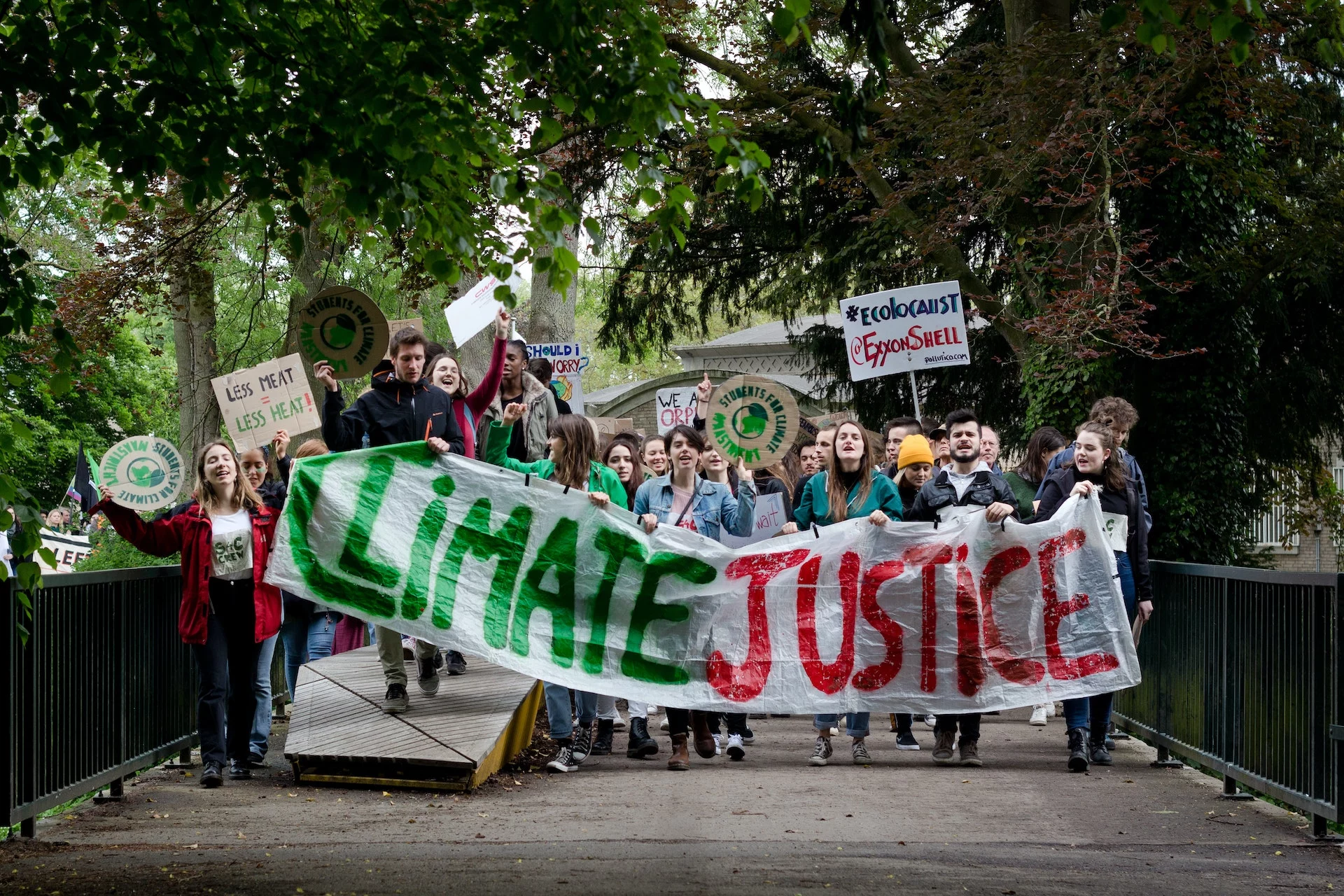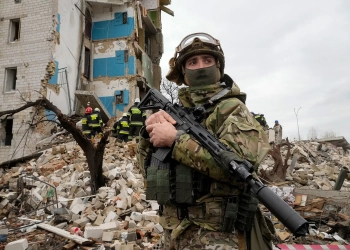A small village in Western Germany has become a battleground for the activists and the government. A large chunk of people has gathered to protect a small village from being used as a coal mine.
In Luetzerath, people are fighting against this malpractice that will harm nature. Just a few miles away from the vast Garzweiler coal mine, this village is going to be used for mining purposes.
However, the residents and climate activists are against it because this will increase the pollution level of the country, and the soil will be of no use.
The government has plans to close down coal plants by 2030, as per the Paris Agreement, but this move will slow down their efforts. The usage of coal is one of the primary sources of air pollution and has numerous hazardous effects on the environment and human health.
The burning of coal releases toxic gasses and particulate matter into the air, which can cause respiratory problems and various other health issues.
Moreover, the conversion of the village into a coal mine will also lead to the destruction of the natural habitat and biodiversity of the area. The trees, plants, and wildlife will be lost, and the once beautiful village will be reduced to a barren land.
The villagers and activists are fighting for their rights and are determined to save the village from being destroyed.
They are using various tactics such as protests, demonstrations, and legal action to resist the conversion.
Their efforts have gained widespread support from the public, and many people have joined the movement to save the village.
Activists from all over the country have come forward to lend their support and show solidarity with the cause.
The invasion of Russia in Ukraine in February 2022 has had a significant impact on the global energy supply chain. The conflict has disrupted the flow of oil and gas from Russia to Europe, leading to concerns about energy security.
Many countries that rely heavily on Russia for their energy needs have been forced to look for alternative sources to ensure the security of their energy supplies.
This conflict has led to an increase in the demand for alternative energy sources, such as solar and wind power, which are seen as more sustainable and reliable options.
The events in Ukraine have also highlighted the importance of diversifying energy sources and reducing reliance on a single supplier. Countries have realized the need to develop a mix of energy sources to ensure energy security and reduce the risk of supply disruptions.
Furthermore, the conflict has also led to an increase in the price of energy, which has had a knock-on effect on the economies of many countries.
The energy crisis has led to higher energy costs for consumers and businesses, leading to an increase in inflation and a slowdown in economic growth.














